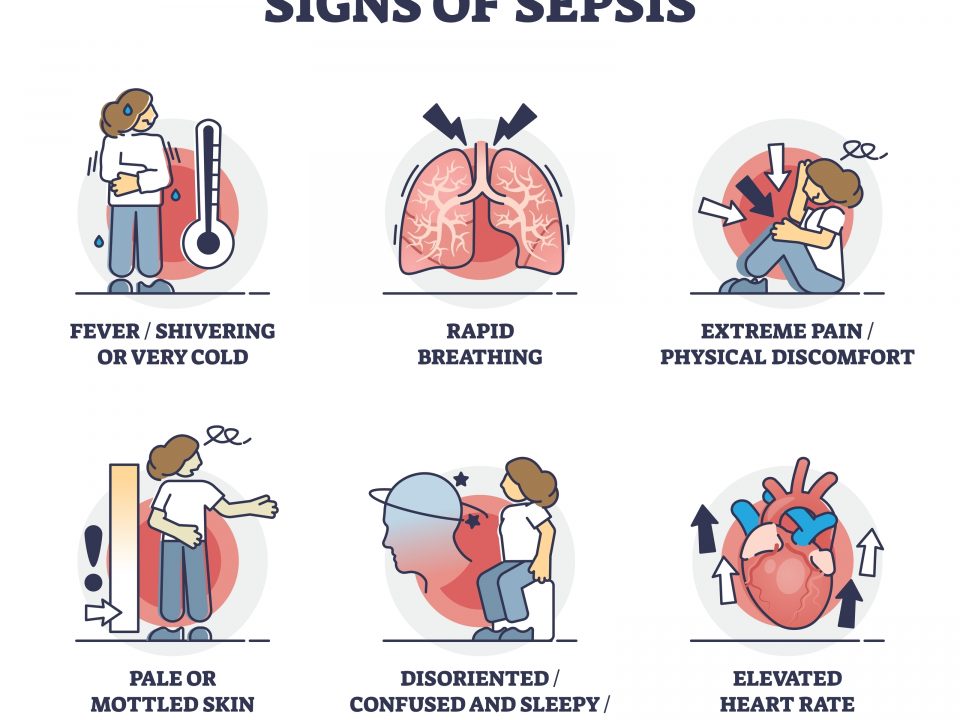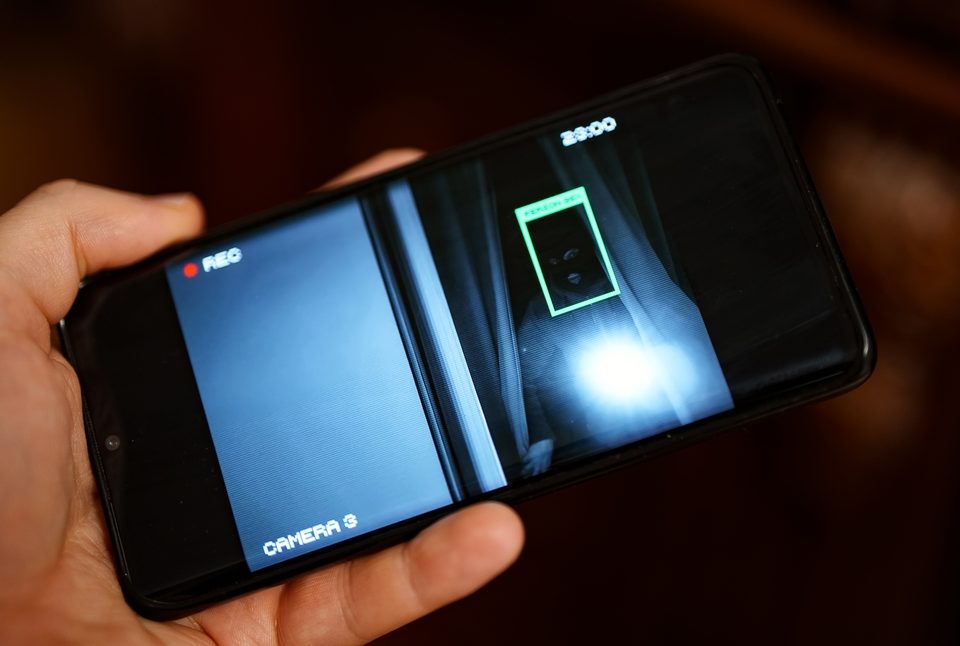
Silver Trauma – An Emergency Department Guide
5th October 2022
Emergency Department Silver Trauma Post-Fall
20th October 2022The need for a programme such as the HECTOR Programme arose to highlight issues when treating elderly care patients with injuries and trauma. The Heartlands’ Elderly Care Trauma and Ongoing Recovery Programme (HECTOR) is a training program for clinicians and independent practitioners to examine and consider elderly patient injury trauma responses to identify complex co-morbidities that can exist or present as a result of trauma to reduce the risk of these being more harmful to the patient than the original trauma.
Why HECTOR?
The mantra behind HECTOR is “To treat patients with injuries and not injuries on patients”. The programme moves from the initial assessment/triage phase, through the primary and secondary surveys, onto a further Silver Survey, which seeks to identify information on the patient directly from the patient, their family/carer or medical background and visual checks. It then introduces a thorough ongoing Daily Assessment Tool.
While patient care in the emergency department may focus on the immediate remedy of presenting traumas, and making decisions regarding operations and suitable immediate pain medication, in elderly care, a more individualised approach is beneficial. A challenge in a pressurised environment, however, carrying out a Silver Survey of other considerations as soon as possible identifies potential personalised risks and complications the individual may be at risk for, particularly their risk of developing trauma or treatment-induced delirium.
Injured elderly patient care
Traditional trauma care teaching, whilst teaching valuable skills necessary and fundamental to trauma care, does not offer the personalised approach for consideration of the injured elderly the HECTOR Programme identifies as crucial. A ‘one size fits all’ approach will give a guide, but it does not account for an individual’s unique circumstances. Elderly patients have been found to often present different physical and physiological responses to blood loss, shock and stress under trauma. This can manifest in the acute setting and in the later stages of recovery, requiring a holistic and continual assessment for trauma care in the injured elderly.
HECTOR introduces the Silver Survey
The Silver Survey seeks to move beyond the primary and secondary surveys to identify a patient’s personal circumstances, identify their normal pre-trauma state and remove the assumptions that their outward appearance may lead the clinician to make medical decisions. It is essential to look beyond physical appearance and pre-conceived age-related beliefs to gather the information that avoids age bias. Understanding that possible complications from injuries must be considered and treated in addition to treating the primary presenting symptoms and injuries, to take co-morbidities into consideration seeking to prevent them from arising from both the injury itself or its management and ongoing care.
The HECTOR Daily Assessment
Addressing patient care holistically should include addressing pain, depression, sensory loss and management, vital signs, continence, skin integrity and activities of daily living and end-of-life care issues ongoing after the silver survey is conducted using the HECTOR Daily Assessment Tool.
Ongoing quality care should continue to assess the patient and is vital to prevent complications from both the presenting injury and the hospitalised effects of the patient.
Foundations of recovery should be built on the basic elements of care to prevent the possibility of co-morbidities, such as delirium and dementia.
Fundamental care basics include:
· Pain relief and assessment of causes of discomfort
· Comfortable, clean and dry beds and bedding
· Adequate hydration
· Appropriate toileting and personal care and support
· Regular clinical review of progress or deterioration




